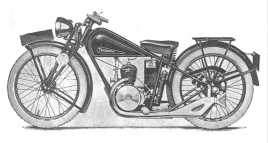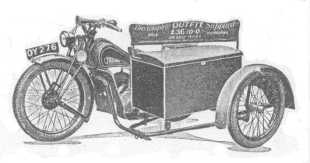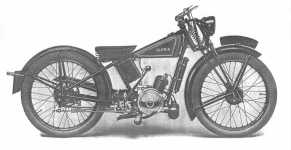
98cc Gloria |
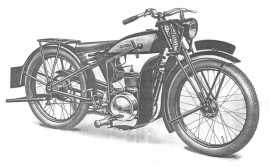
147cc Gloria |
|
With the whole world suffering the effects of the 1929 Wall Street
Crash in America, those fortunate enough to still have a job
were 'feeling the pinch'. Those with cars were thinking of more
economical motor cycles for transportation to work, and those with
motor cycles were seeking something smaller and cheaper to run.
Triumph's solution was very basic two-stroke - the 174cc Model X.
The British Government realised the peoples' plight and came
to their aid in January 1932 with much reduced Road Licencing for
under 150cc machines. Triumph responded with a reduced bore
engine which became 147cc, and this was the Model Z. (It was
advertised as 147cc, although was actually over 148cc.)
Also that year Triumph introduced an even smaller engined
two-stroke model, but did not bestow on it the Triumph name, but that
used by the sidecars - Gloria.
|
Brief Specifications and Variations
The Model X was available for 1930 to 1932.
173.8cc. 59.5mm bore X 62.5mm stroke.
The Model Z was available for only 1932.
148.5cc. 55.5mm bore X 62.5mm stroke.
The 98cc Gloria was
available for 1932 and 1933. 50mm bore X 50mm stroke.
The 147cc Gloria was
available for only 1933. 55mm bore X 62mm stroke.
All engines were 2-stroke and may, or may not, have the cast
Villiers name but certainly all would have been of Villiers
manufacture.
Lubrication was by 'Petroil'. (Oil pre-mixed with the petrol.)
The Models X and Z were of unit-construction. (Combined
engine and 2-speed gearbox.)
The Gloria models had an Albion gearbox; 2-speed on the 98cc
model and 2 or 3-speed on the 147cc model.
As a picture above shows the 174cc Model X was capable
of hauling a light trademan's box sidecar.
My research records would indicate that in excess of 5,000 Models X
and somewhere between 300 and 2,000 Models Z were produced, but where
are they all today!
I only know of one Gloria model, so have no idea how many might
have been produced.
The few surviving machines I know of are in Belgium, Britain,
Holland and Spain.
For more details you really need to refer to the booklet I have
written covering these models.
|
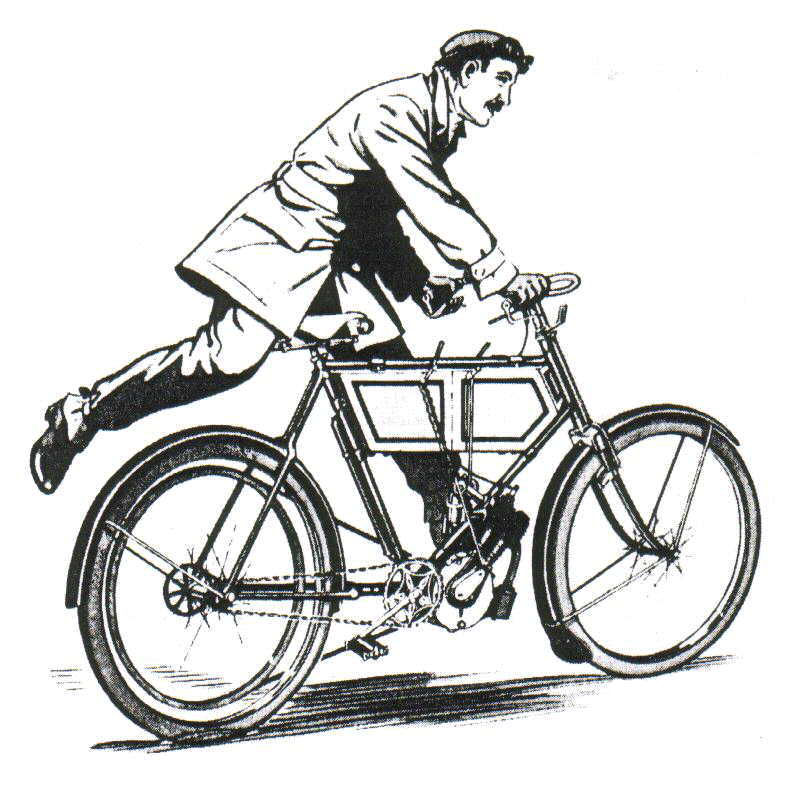
Jump Back to
the Beginning
|

Return to the
Post-Vintage Index
|
|
